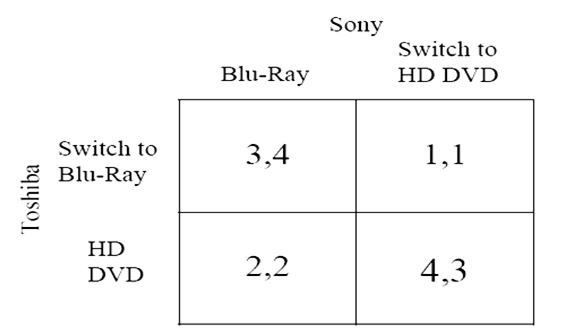Which mathematical operations can be performed on data from interval scales with meaningful results?
A) multiplication and division
B) addition and subtraction
C) rank ordering
D) Both B and C
Answer: D
You might also like to view...
The Massachusetts Supreme Judicial Court ruling that same-sex marriages were constitutional in that in 2003, illustrates the concept of
a. unitary government. b. shared sovereigntuy. c. states rights. d. "Defense of Marriage" Law. e. confederation.
Although it is based on a common-law tradition, why do the authors argue that America’s legal system is not a pure common-law system?
What will be an ideal response?
Answer the following statement(s) true (T) or false (F)
1. The United Kingdom leaving the euro zone is known in common terms as “Brexit.” 2. The United Kingdom leaving the European Union is known in common terms as “Brexit.” 3. The “opposite” of a market economy is a command economy. 4. Capitalism is the combination of a market economy with private property rights. 5. U.S. economic policy typically fluctuates between monetarism and neoliberalism.
What payoff would Toshiba get if it chose to produce HD DVD and Sony chose to produce Blu-Ray?
In 2006, there were a number of media reports about the next generation of DVD players, which produce much clearer picture and sound than that produced by current machines. However, there are two competing formats, Blu-ray (Sony) and HD DVD (Toshiba). Both are affiliated with certain movie studios, which have agreed to release their movies in one or the other of the new formats. This creates a problem for the producers of this new technology—they all want their own version to win out, but by competing they make it entirely likely that most consumers will sit back and wait until (a) one of the formats is a clear winner or (b) a newer, even better, method of supplying movies is developed by someone else. If the latter happens, both Sony and Toshiba lose out.
Imagine that both companies have developed a new product, but with different formats. If one of the companies would be willing to switch quickly (assume that copyright laws would allow it to produce something similar), that company would lose some time and market share but be able to get into the market. Consumers would be more willing to buy the new technology, and both companies would make more money. If neither company is willing to coordinate with the other, they end up in a war of attrition, with fewer customers. This is shown in the game below.

A. 1.
B. 2.
C. 3.
D. 4.